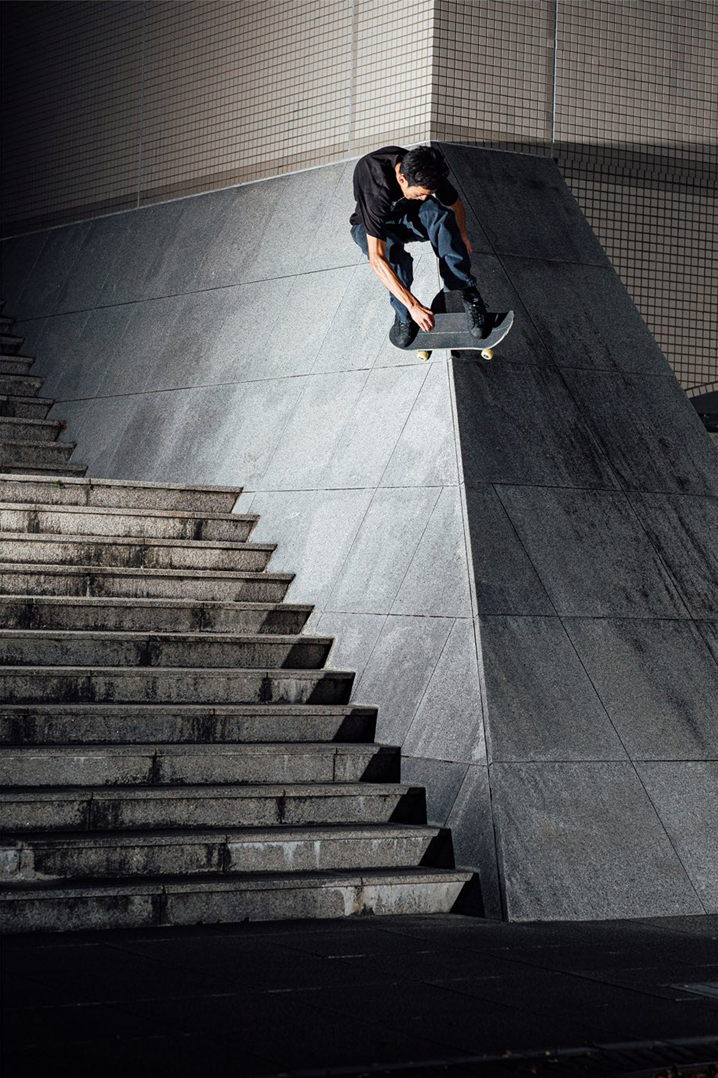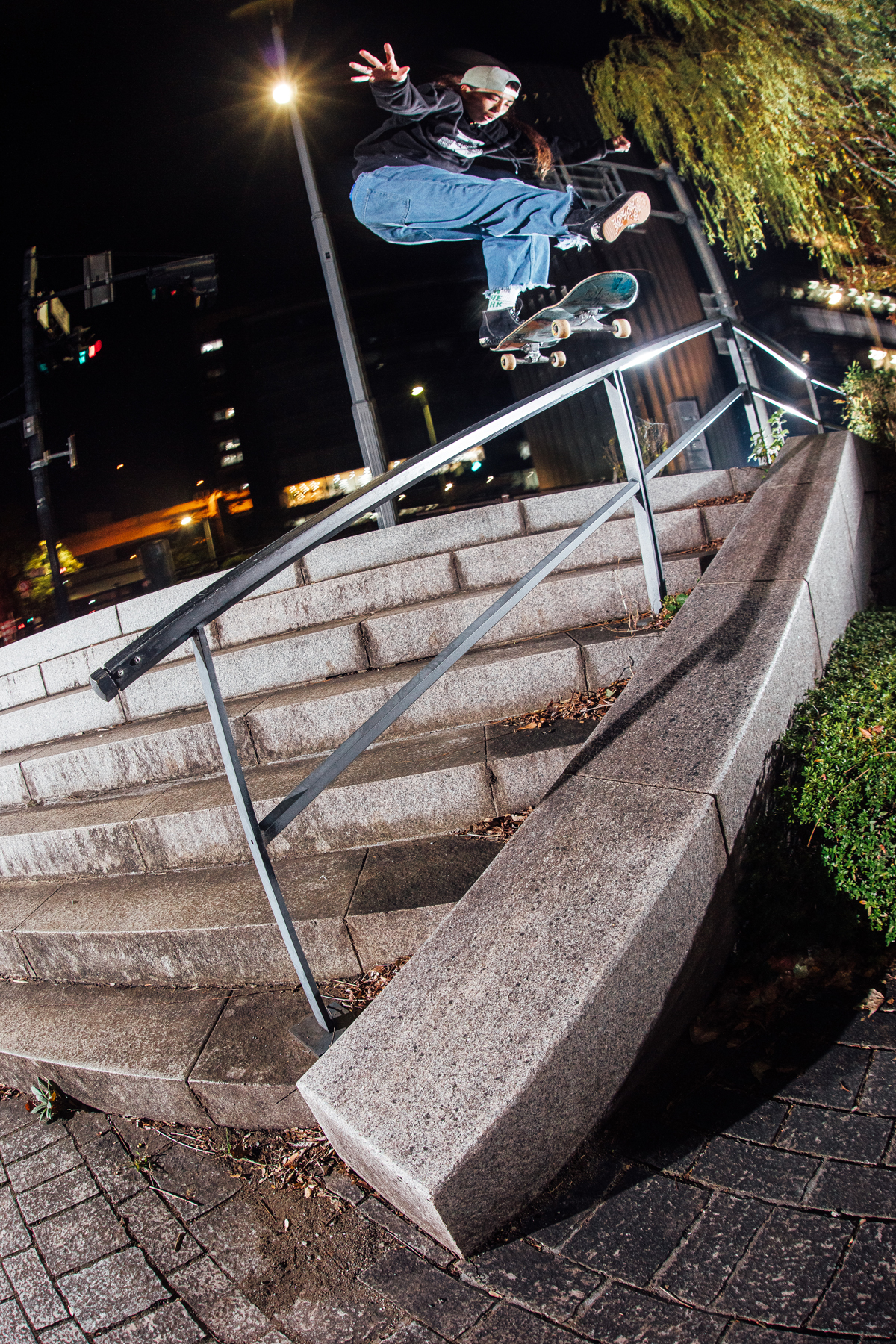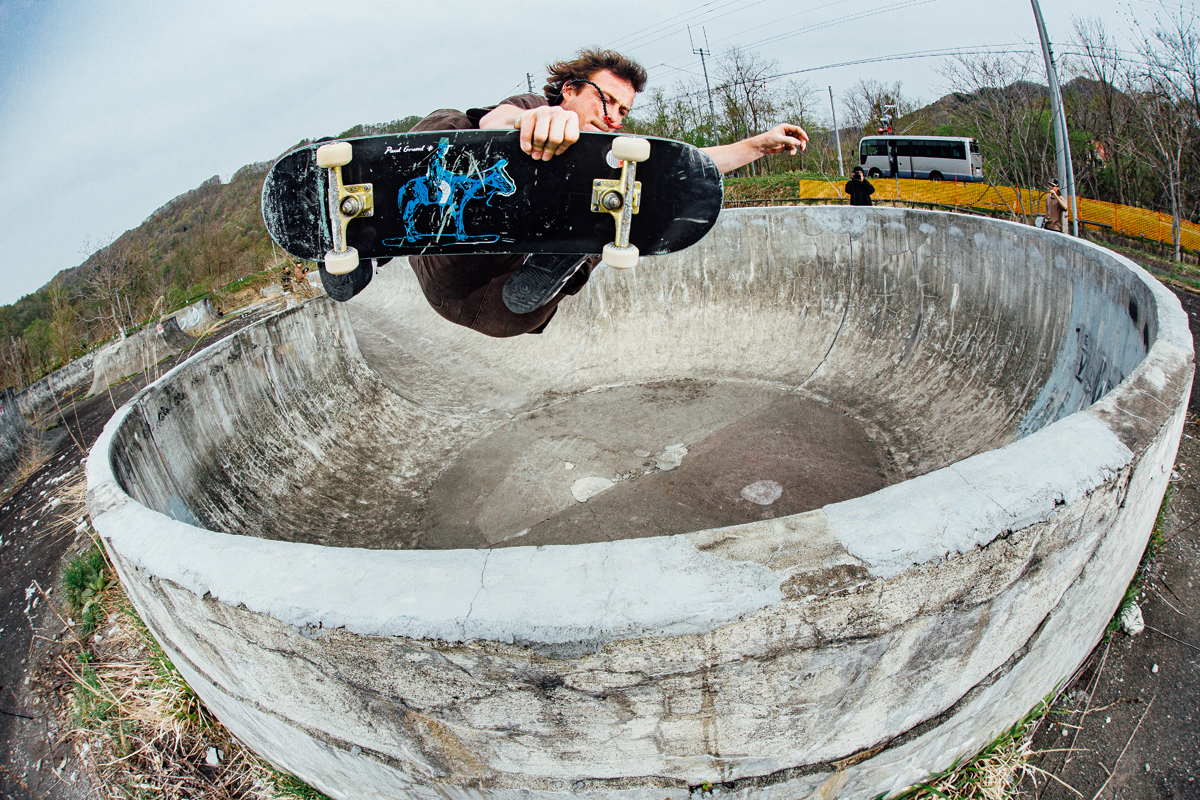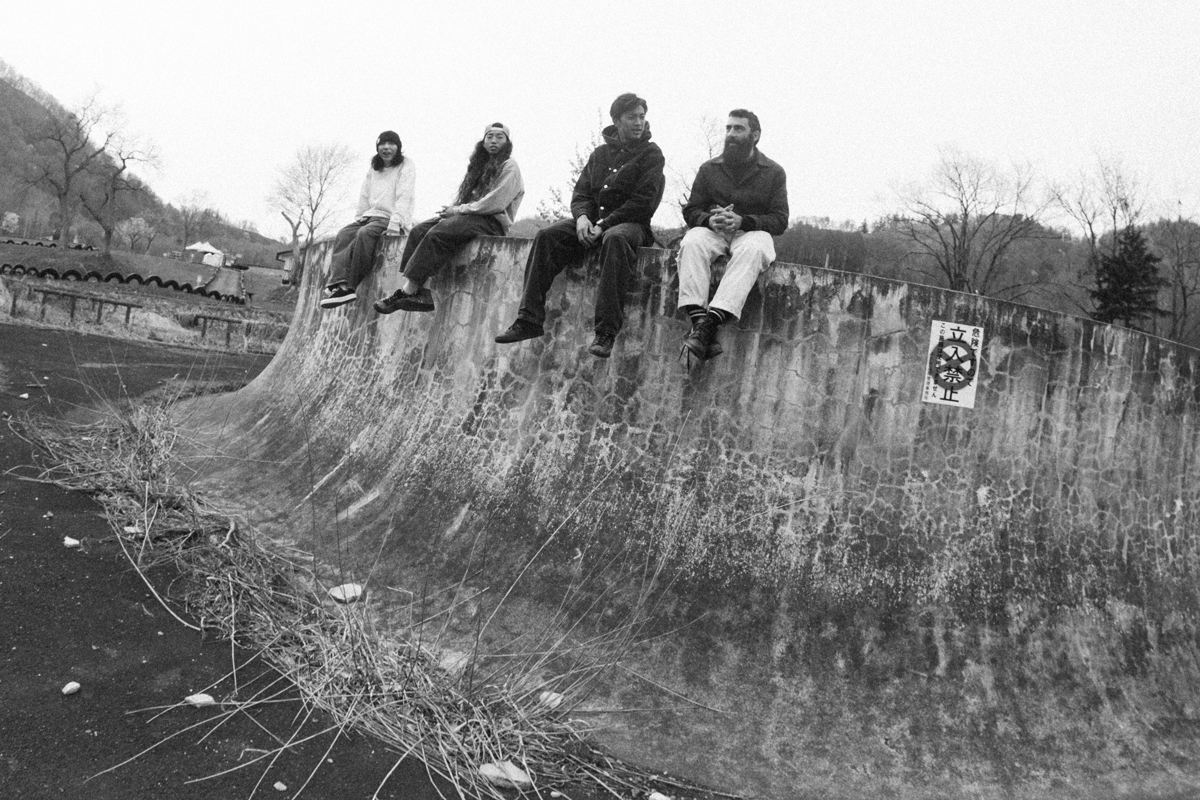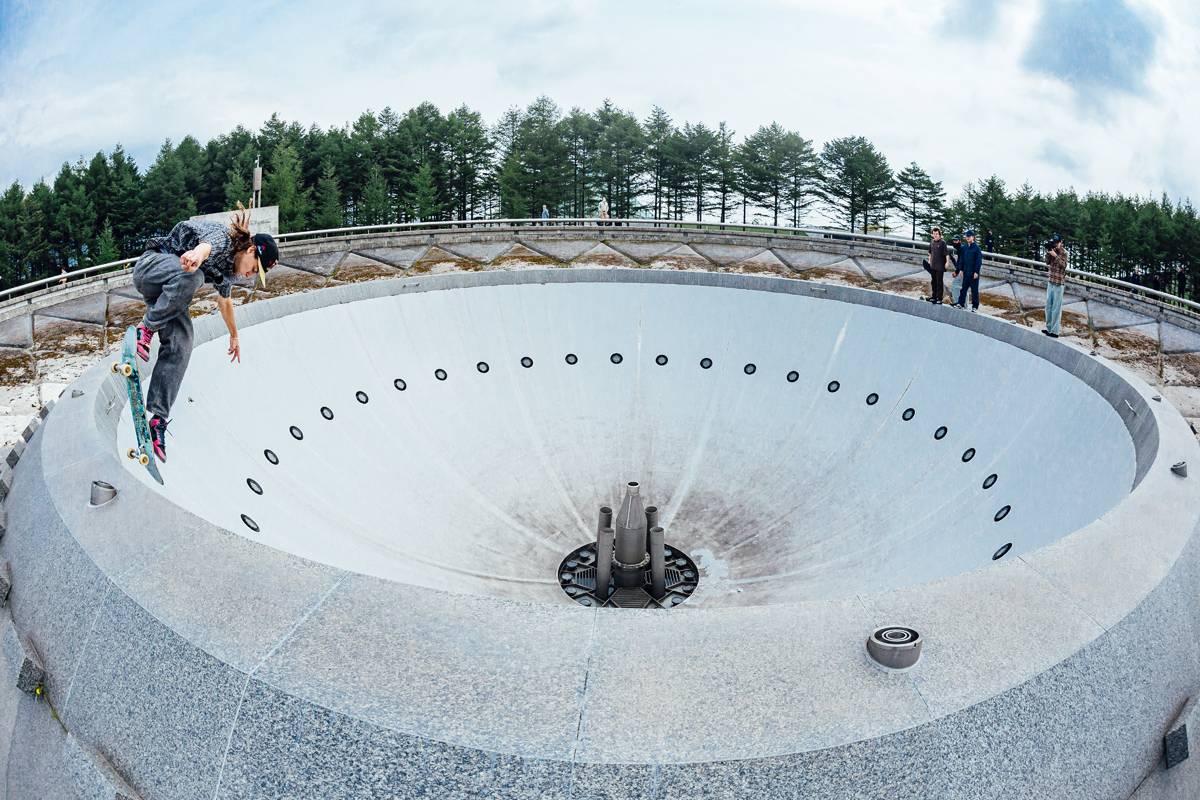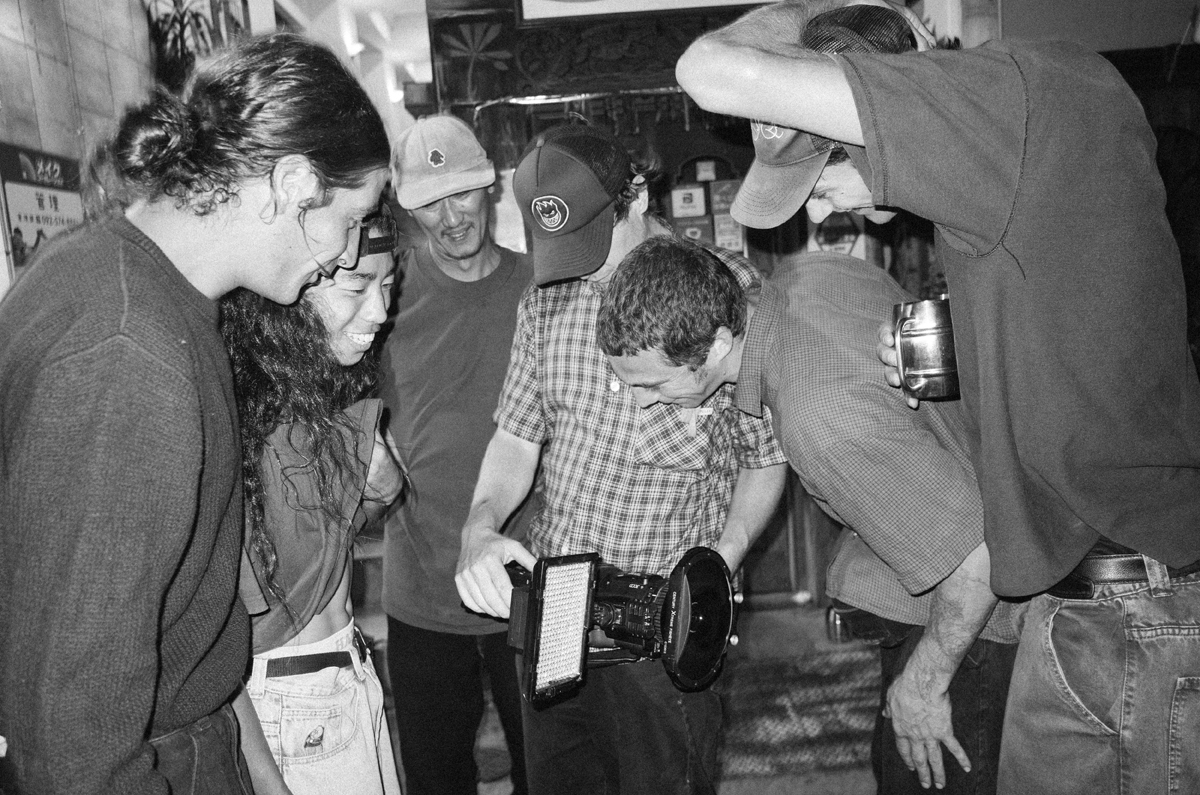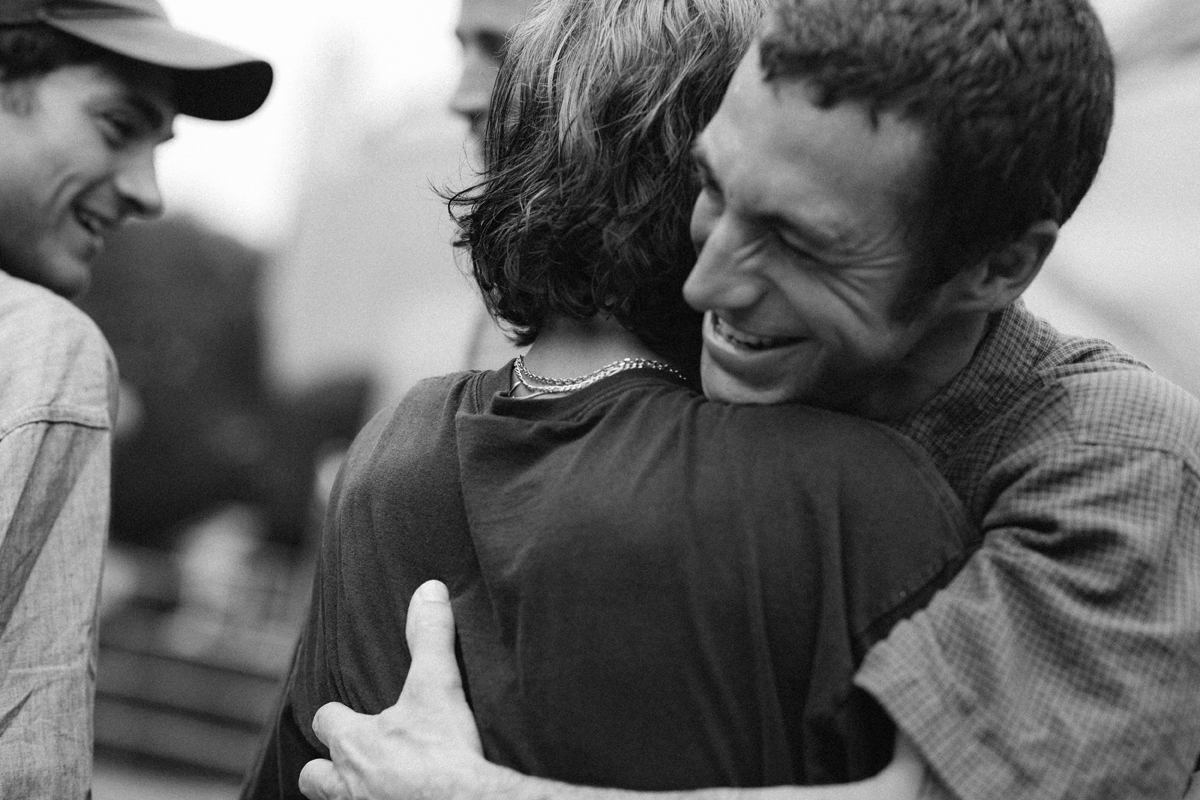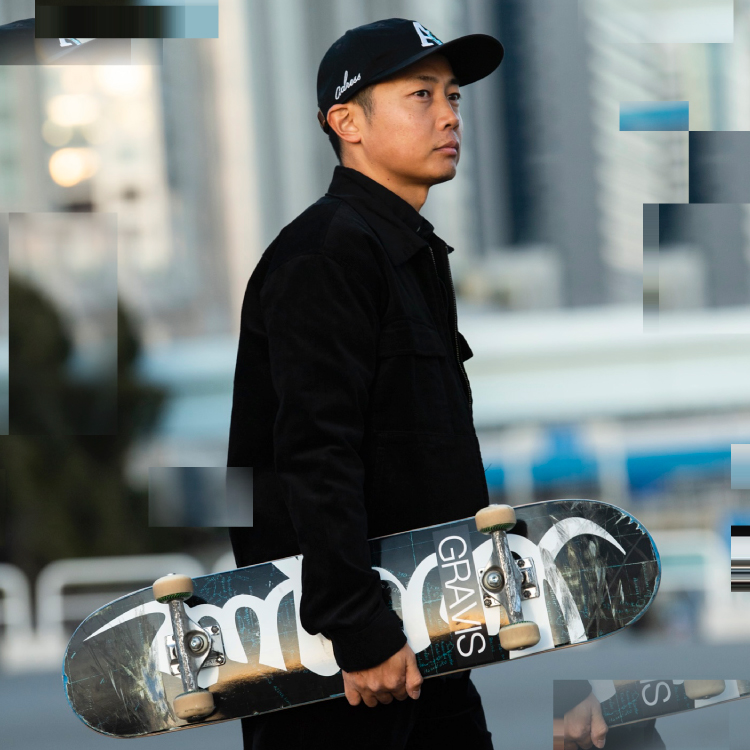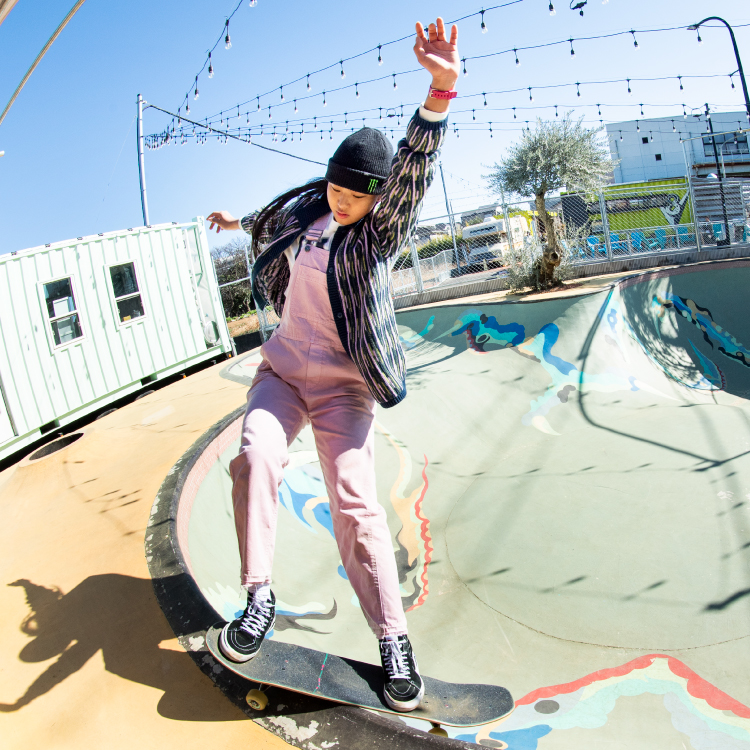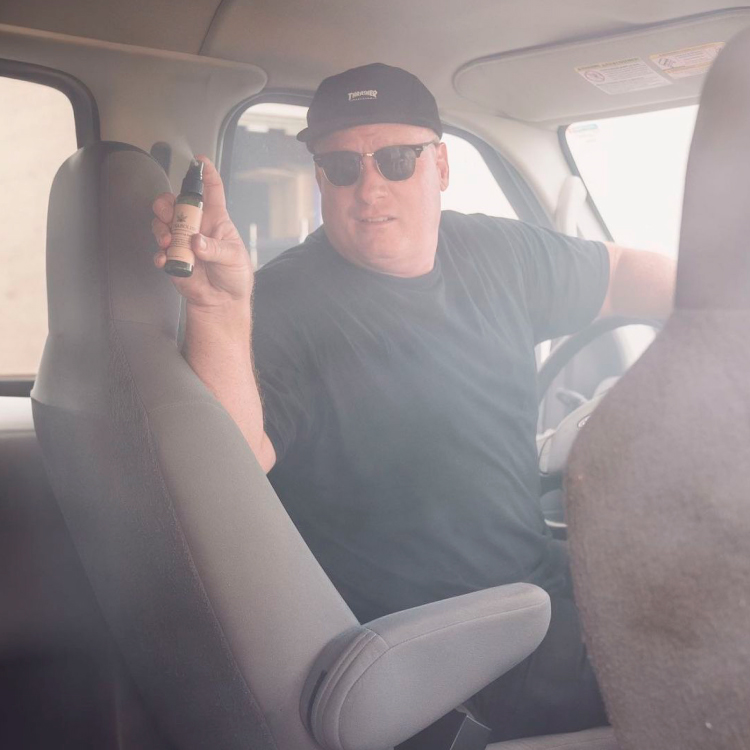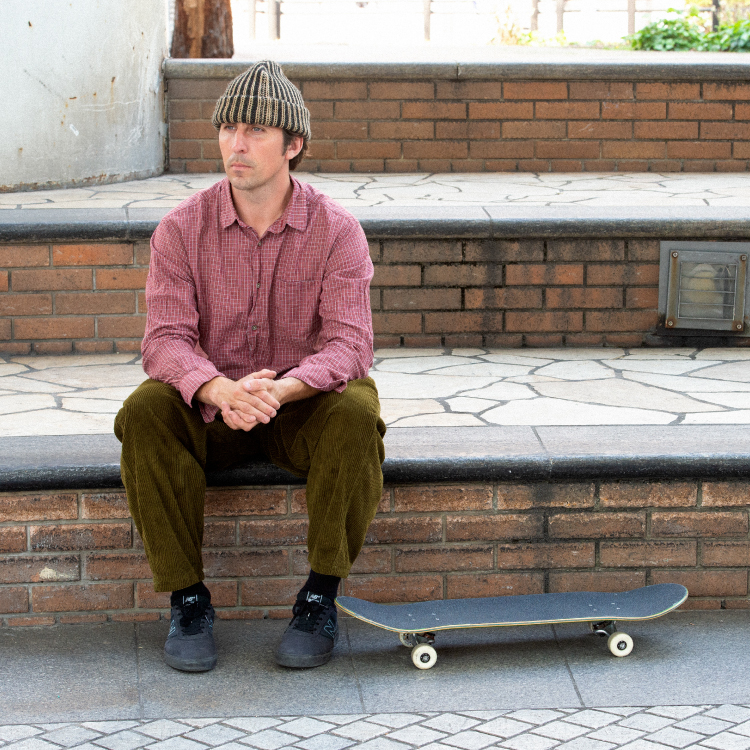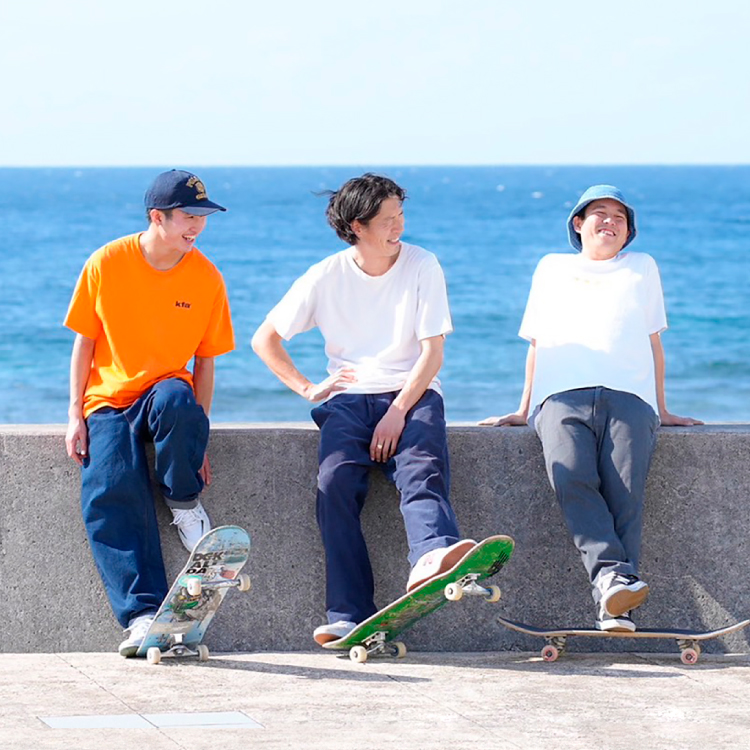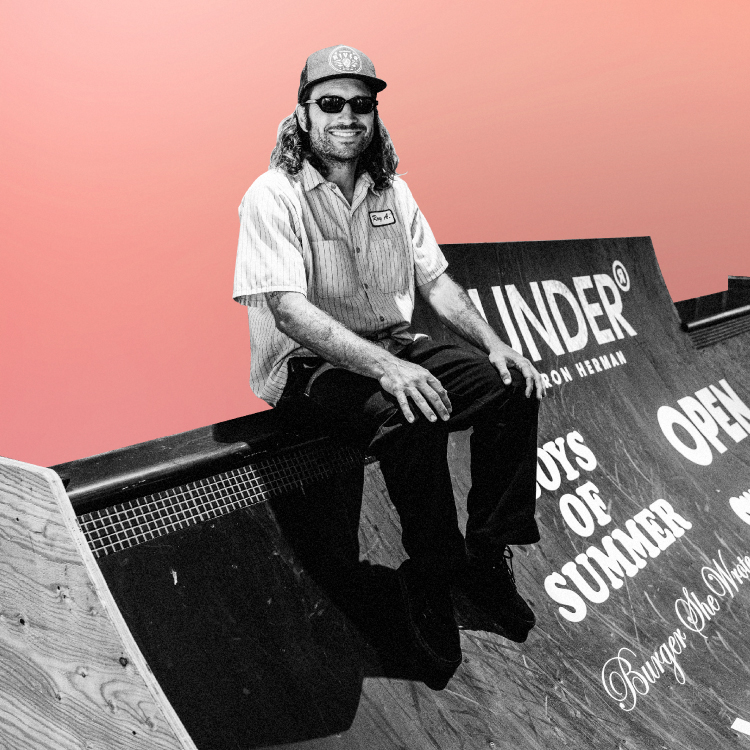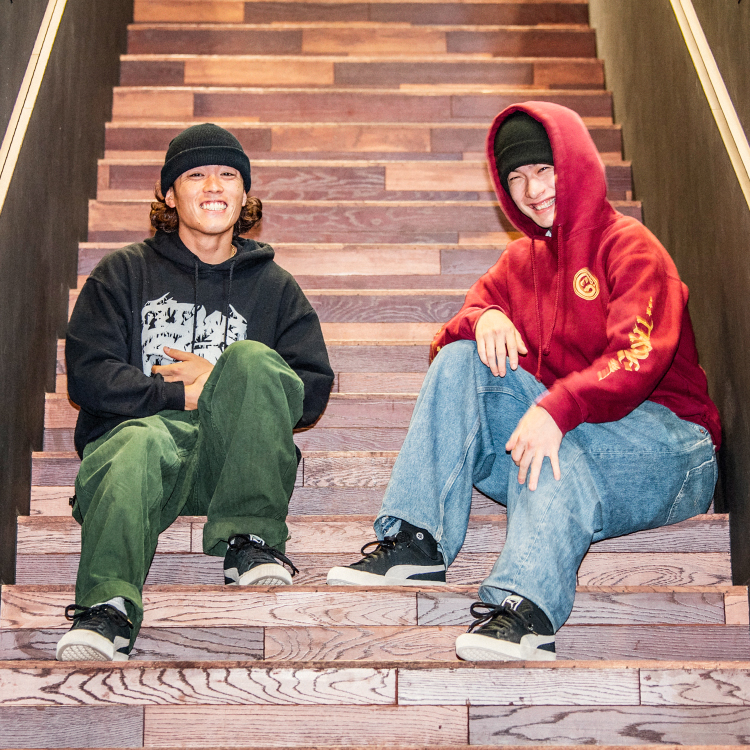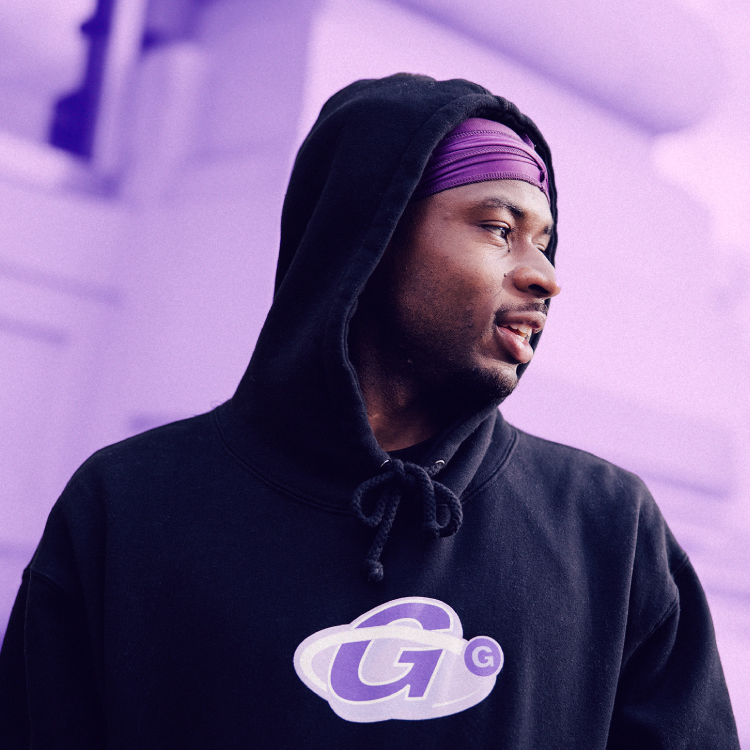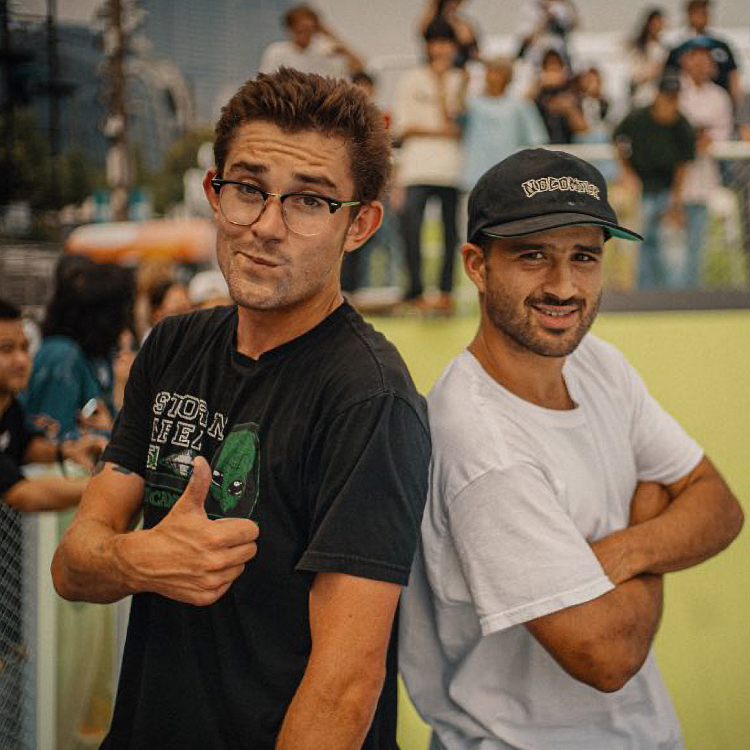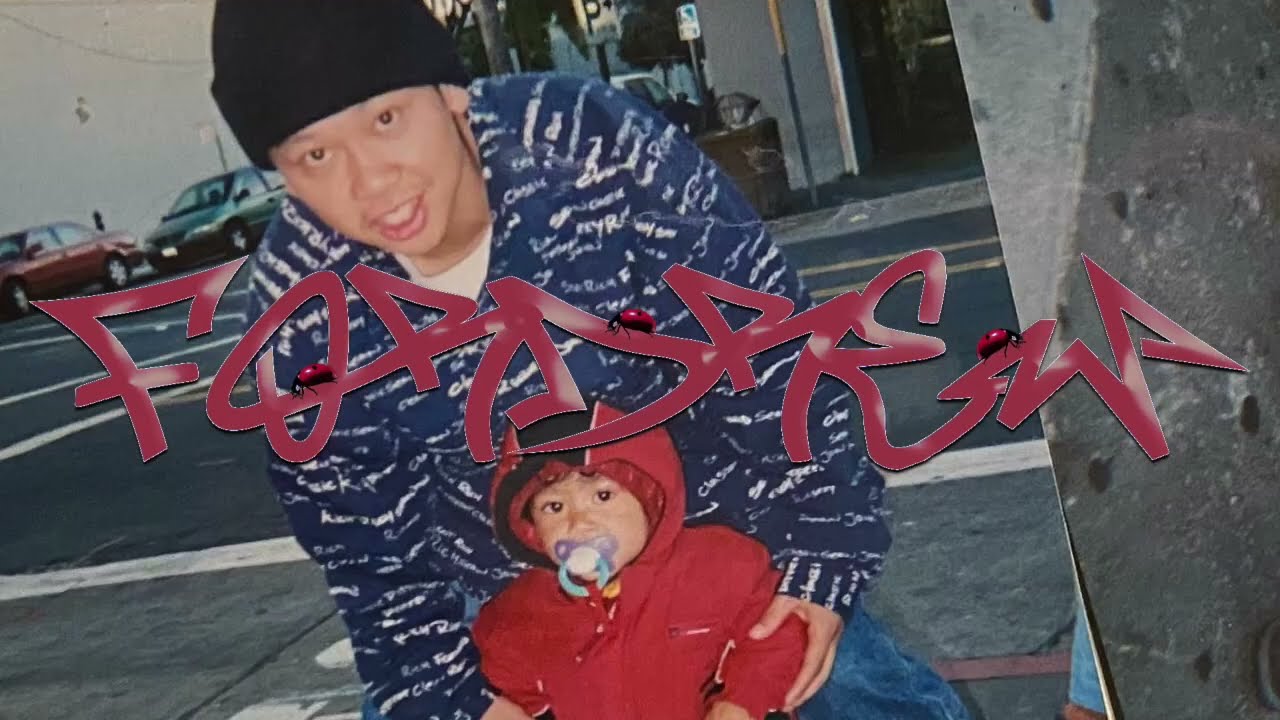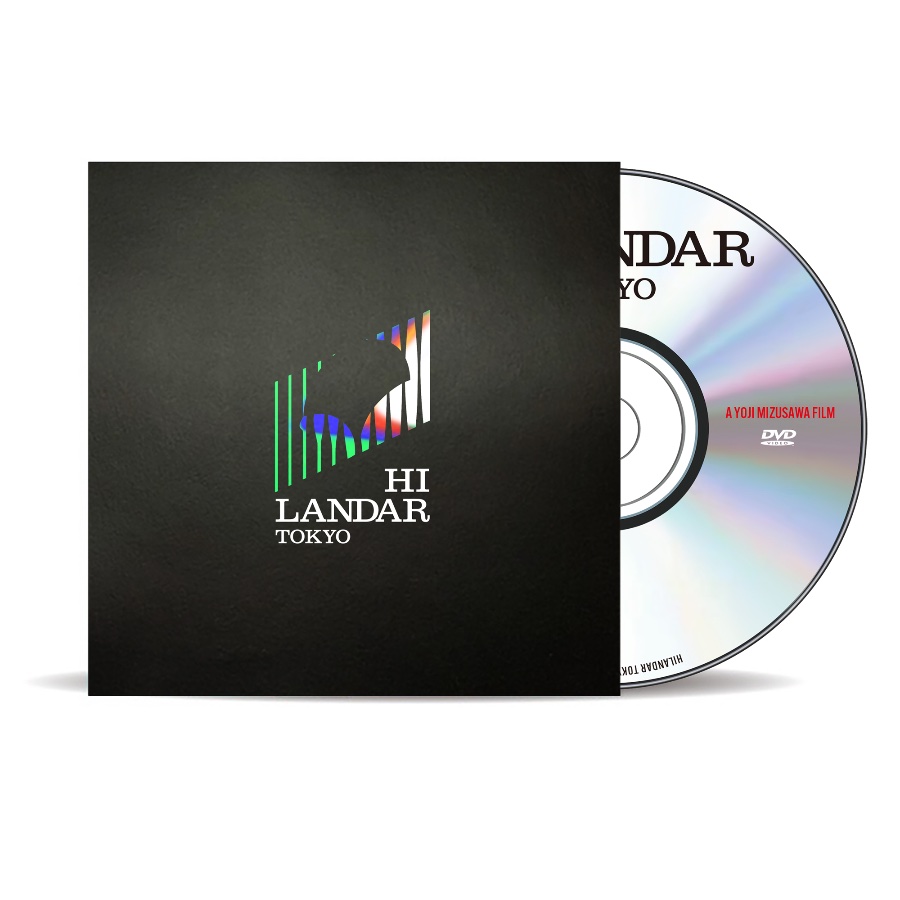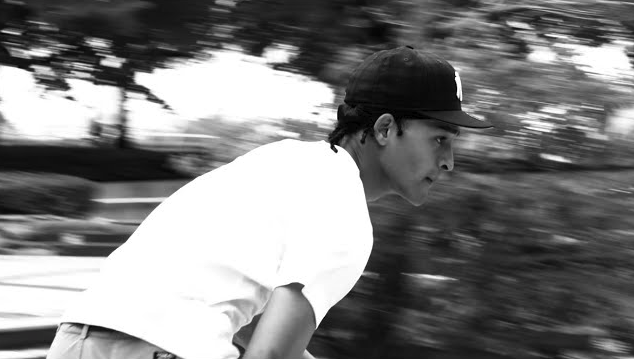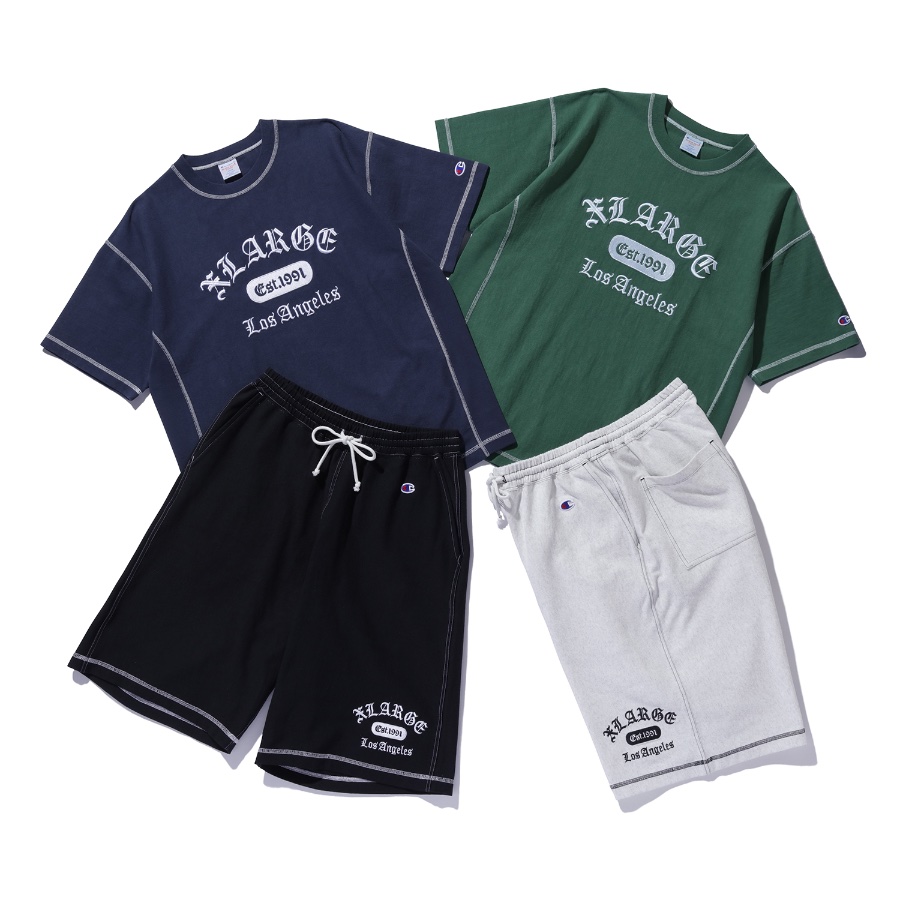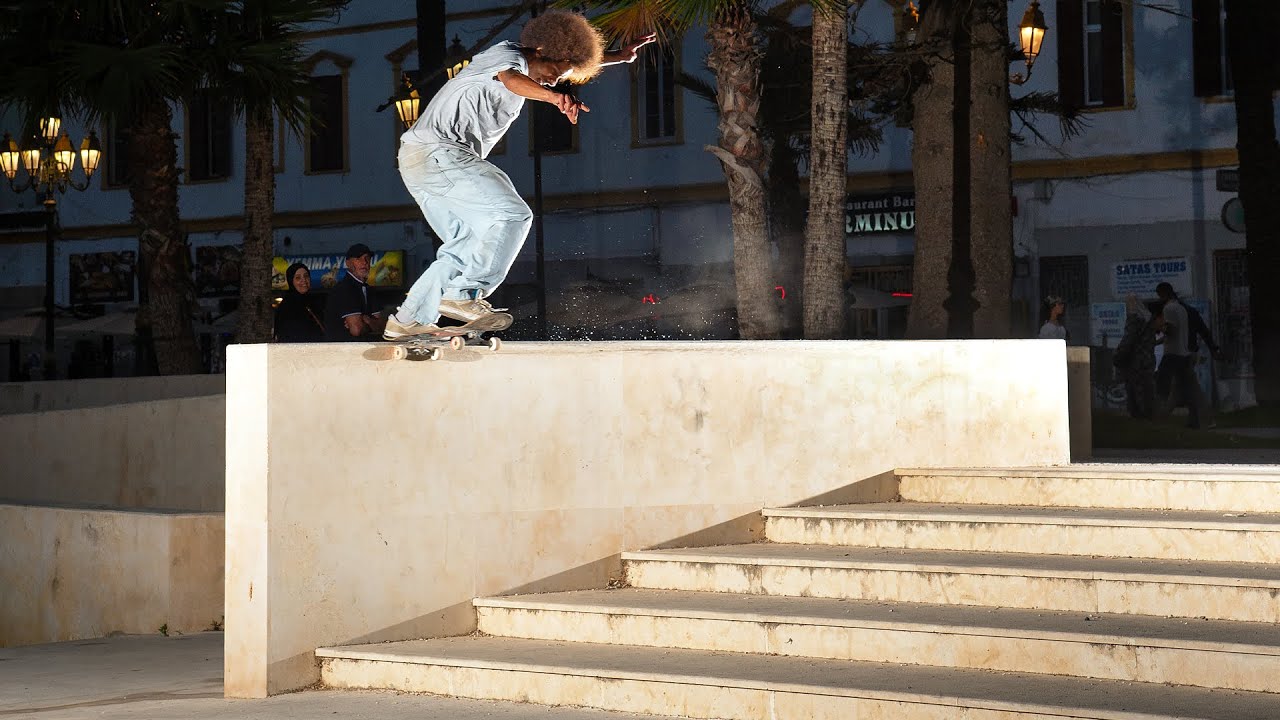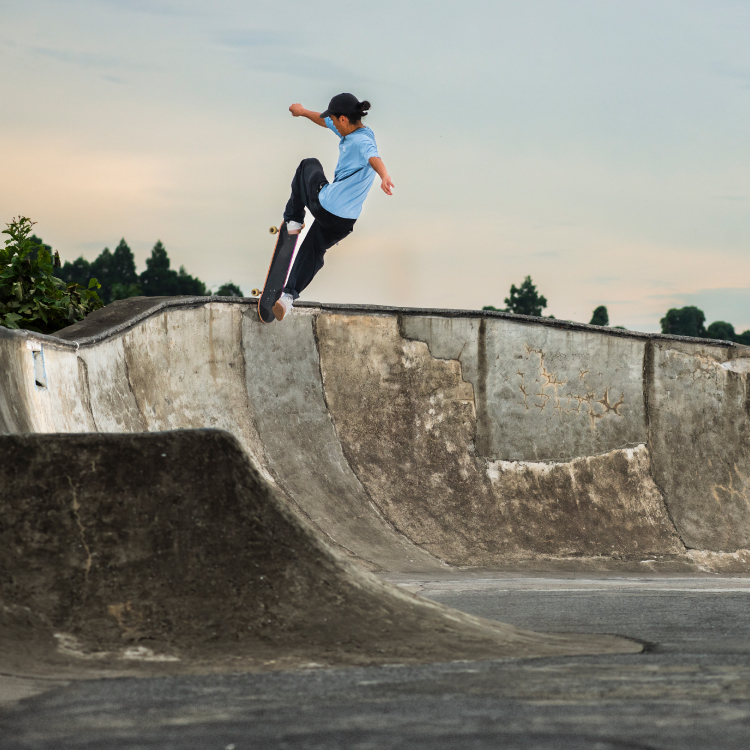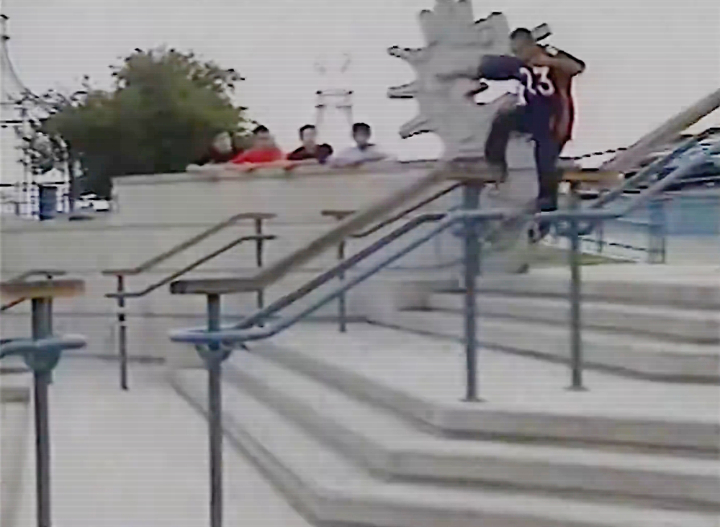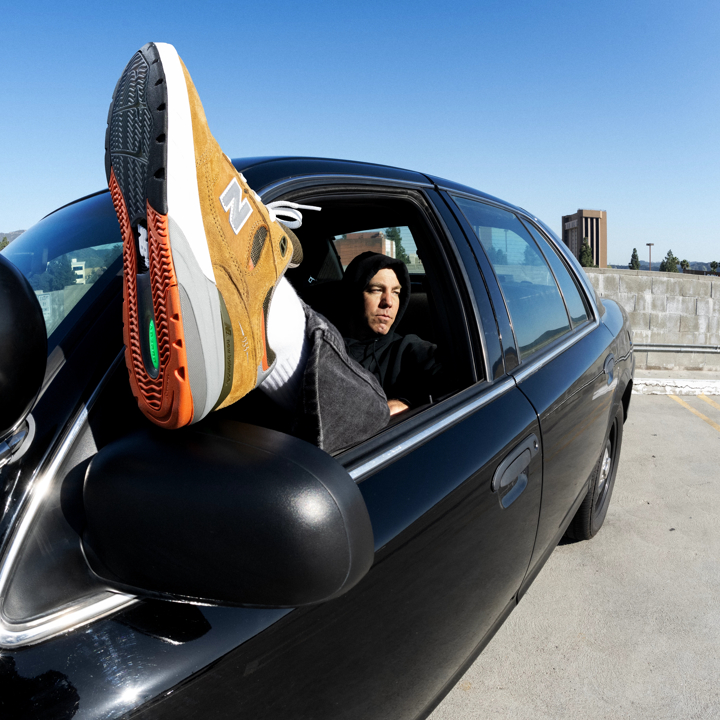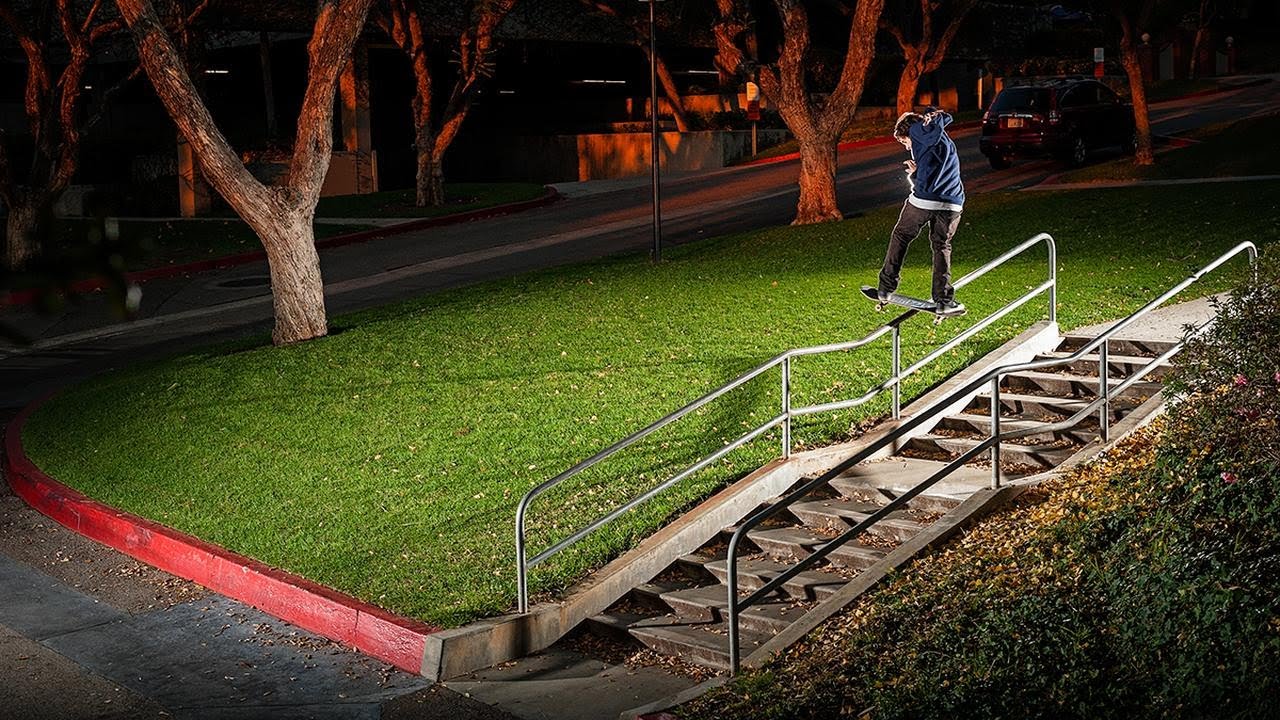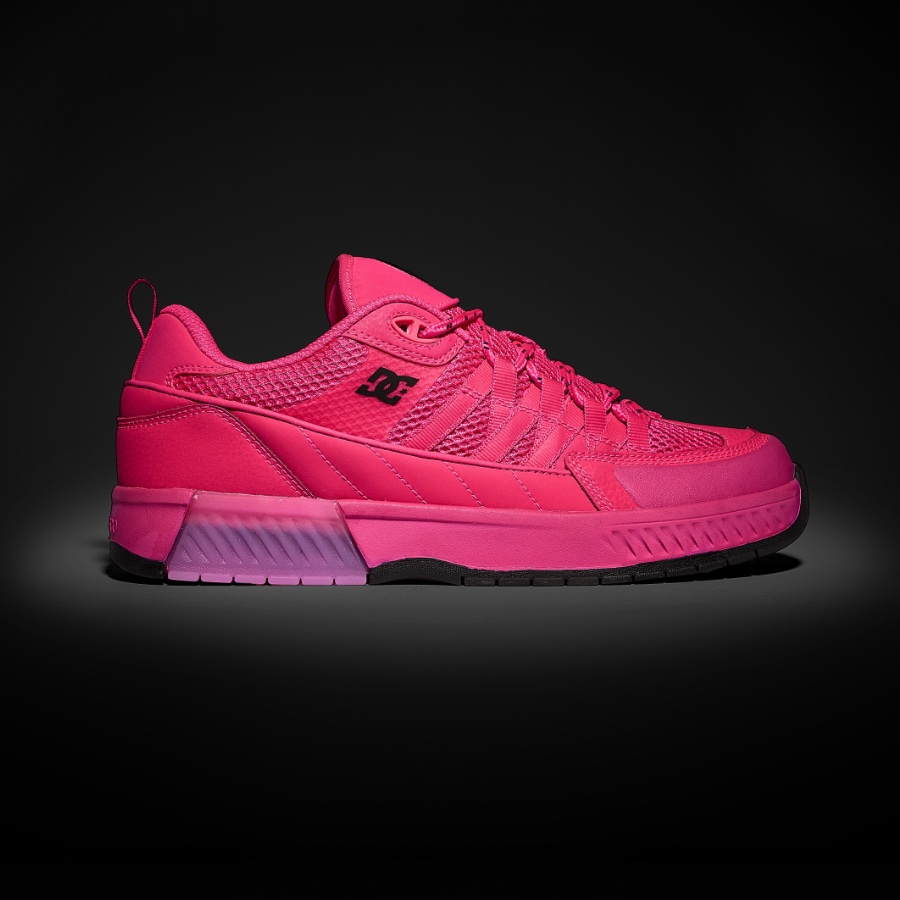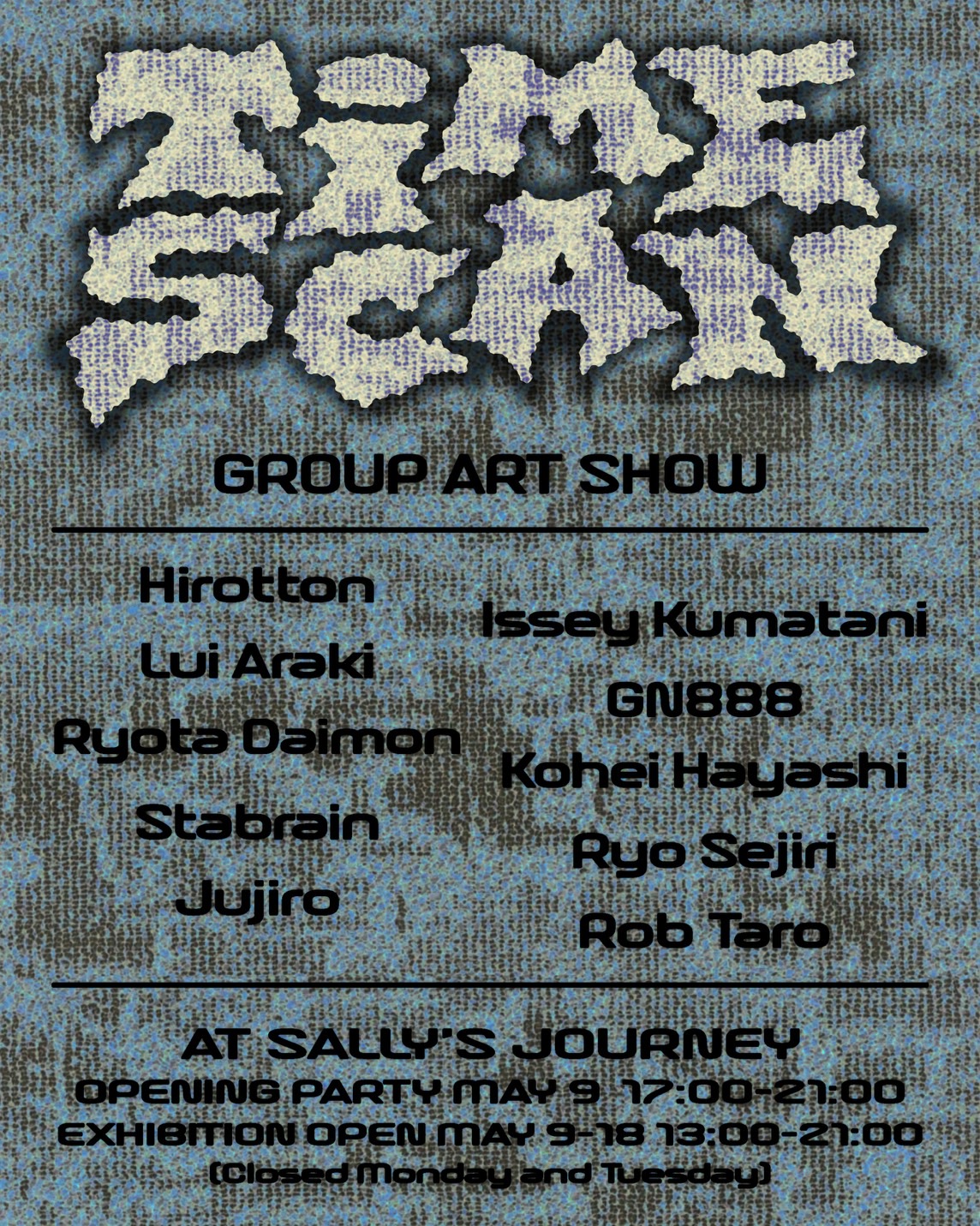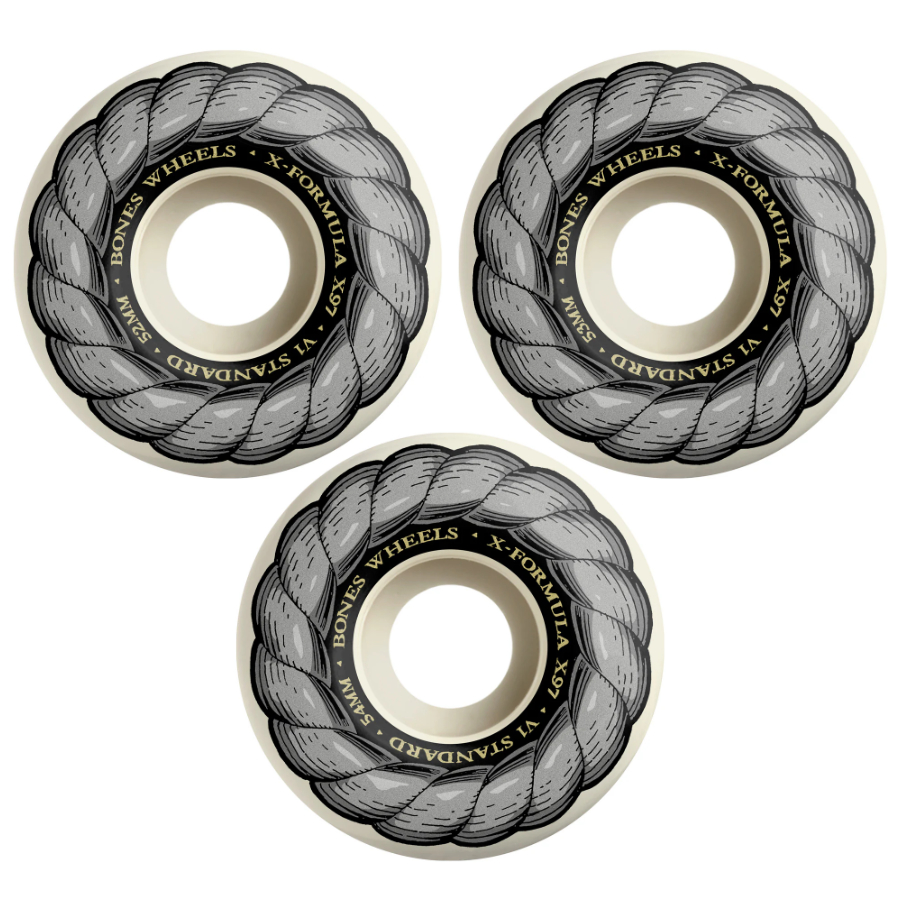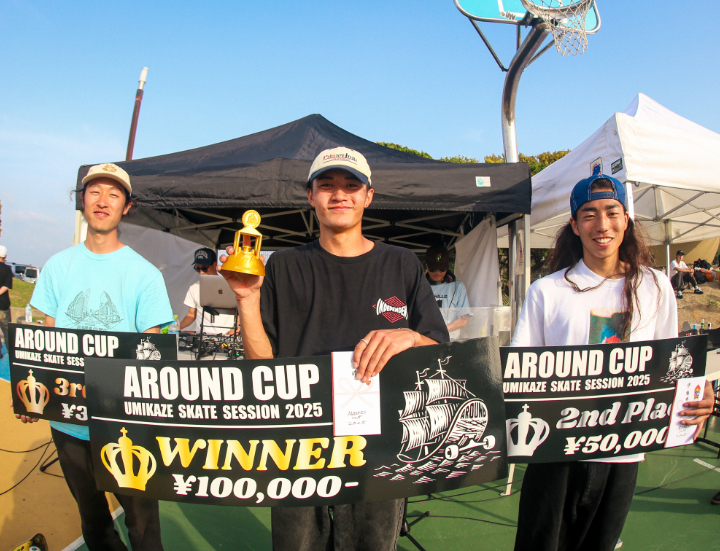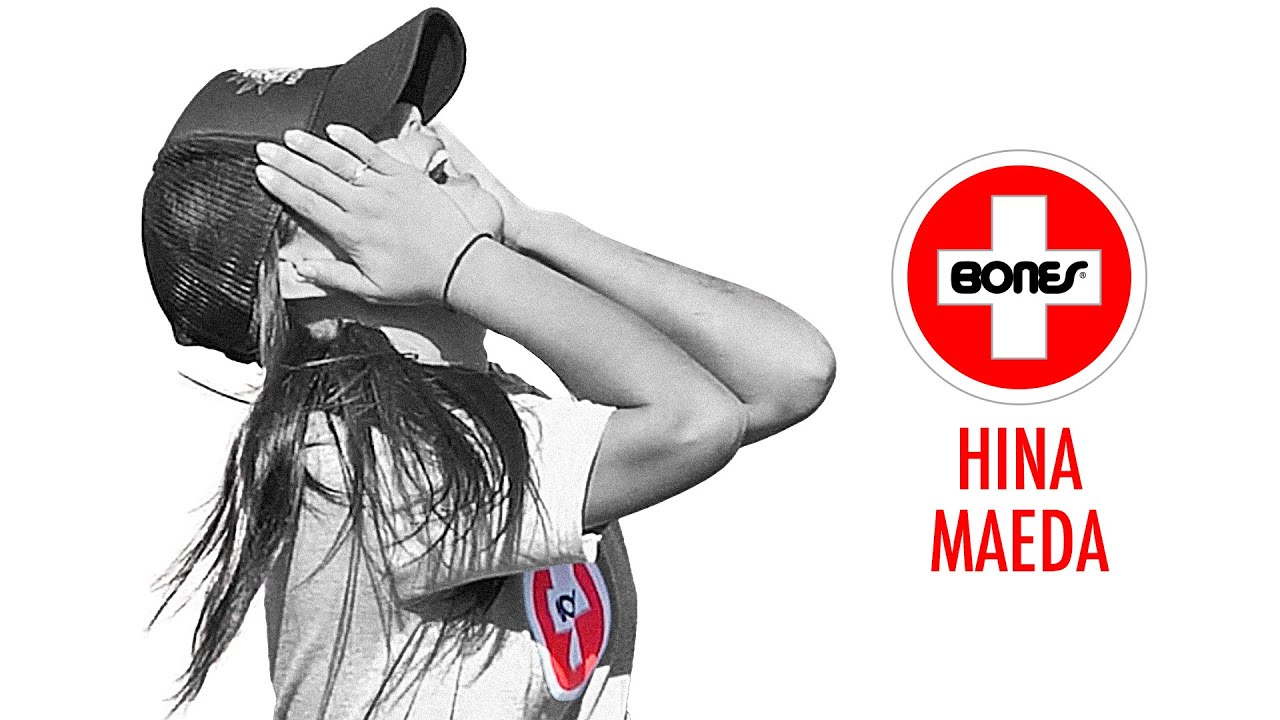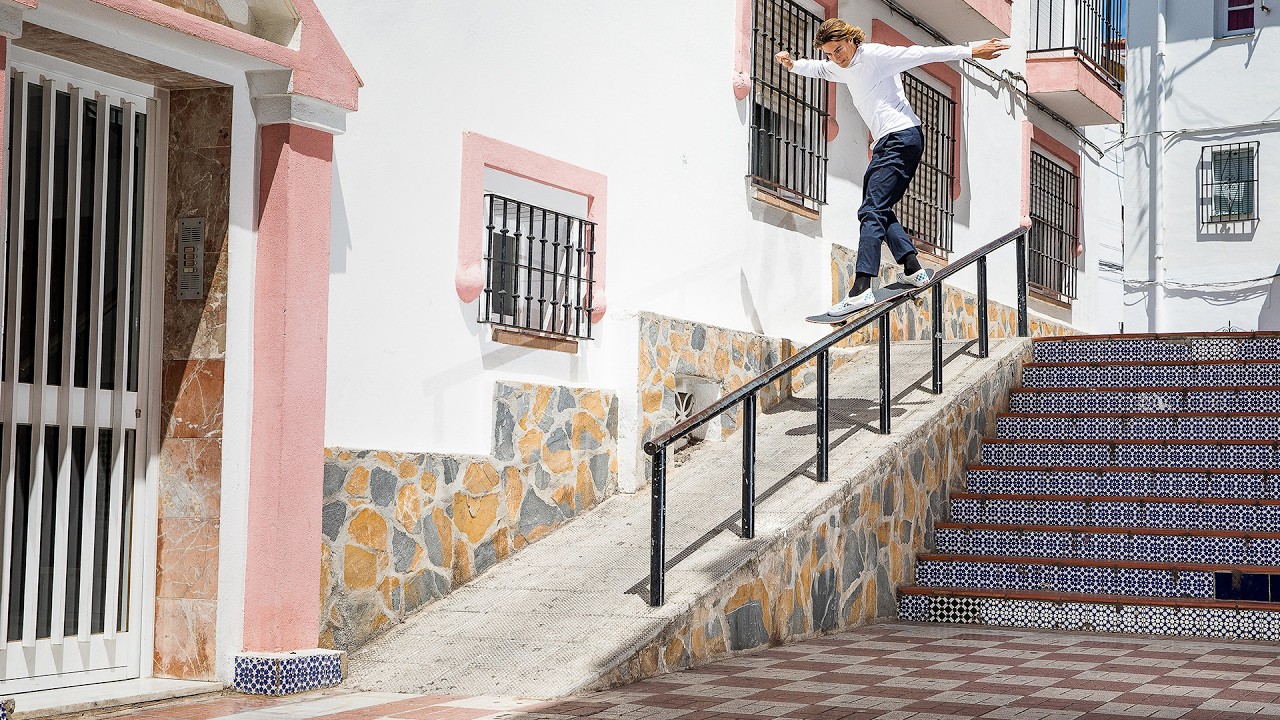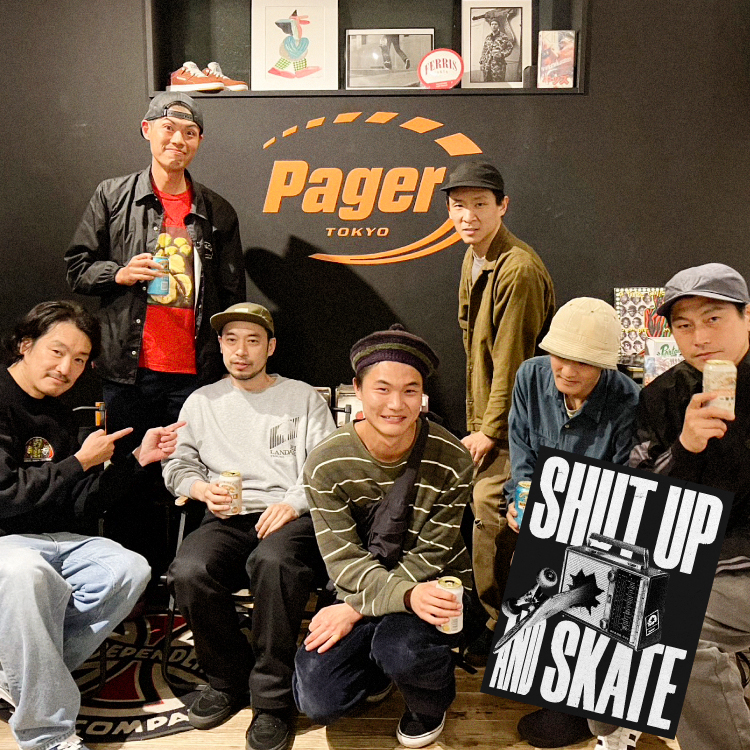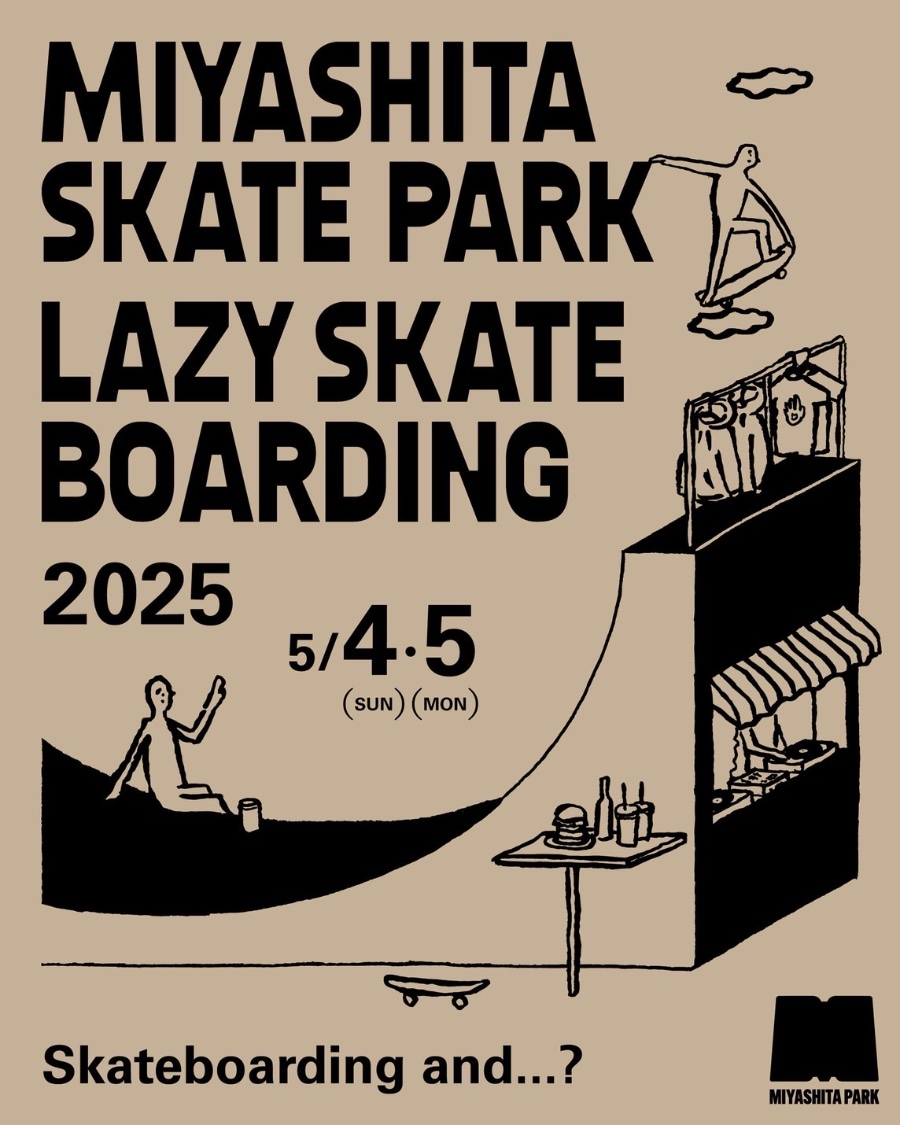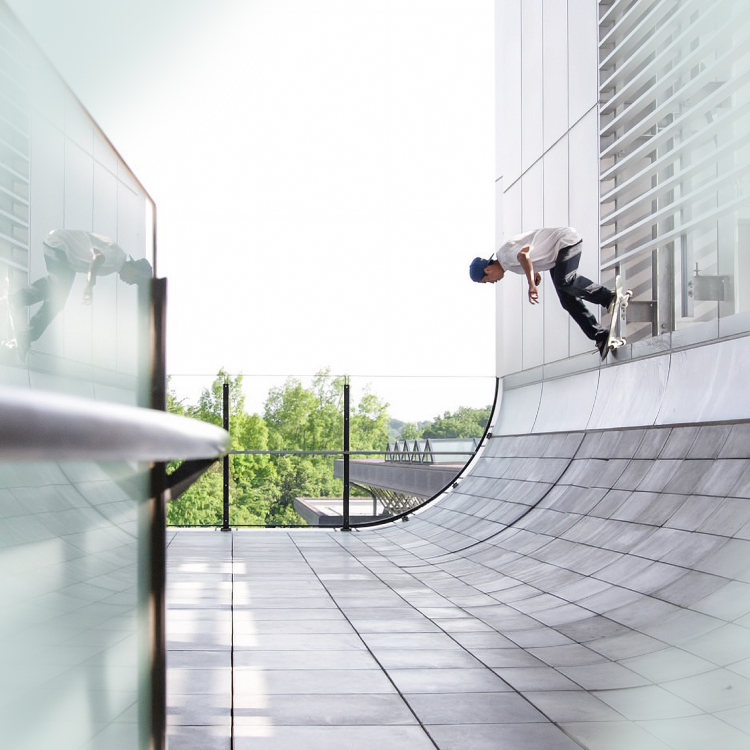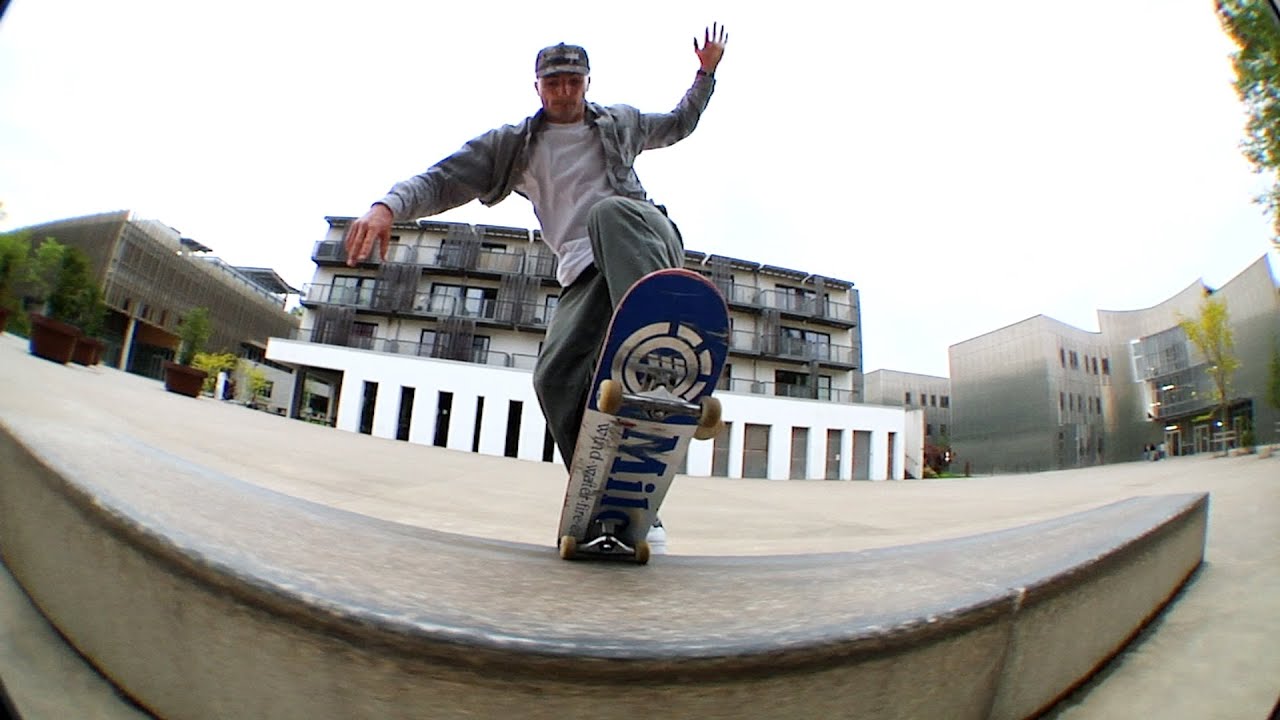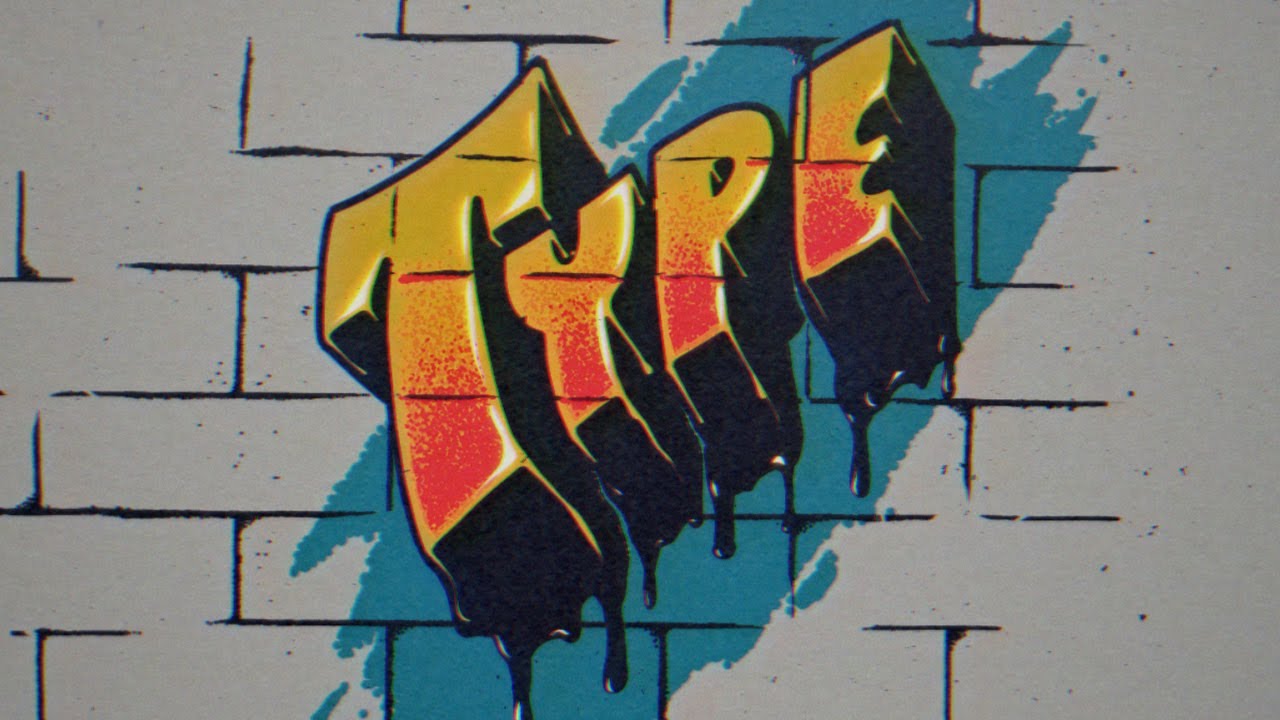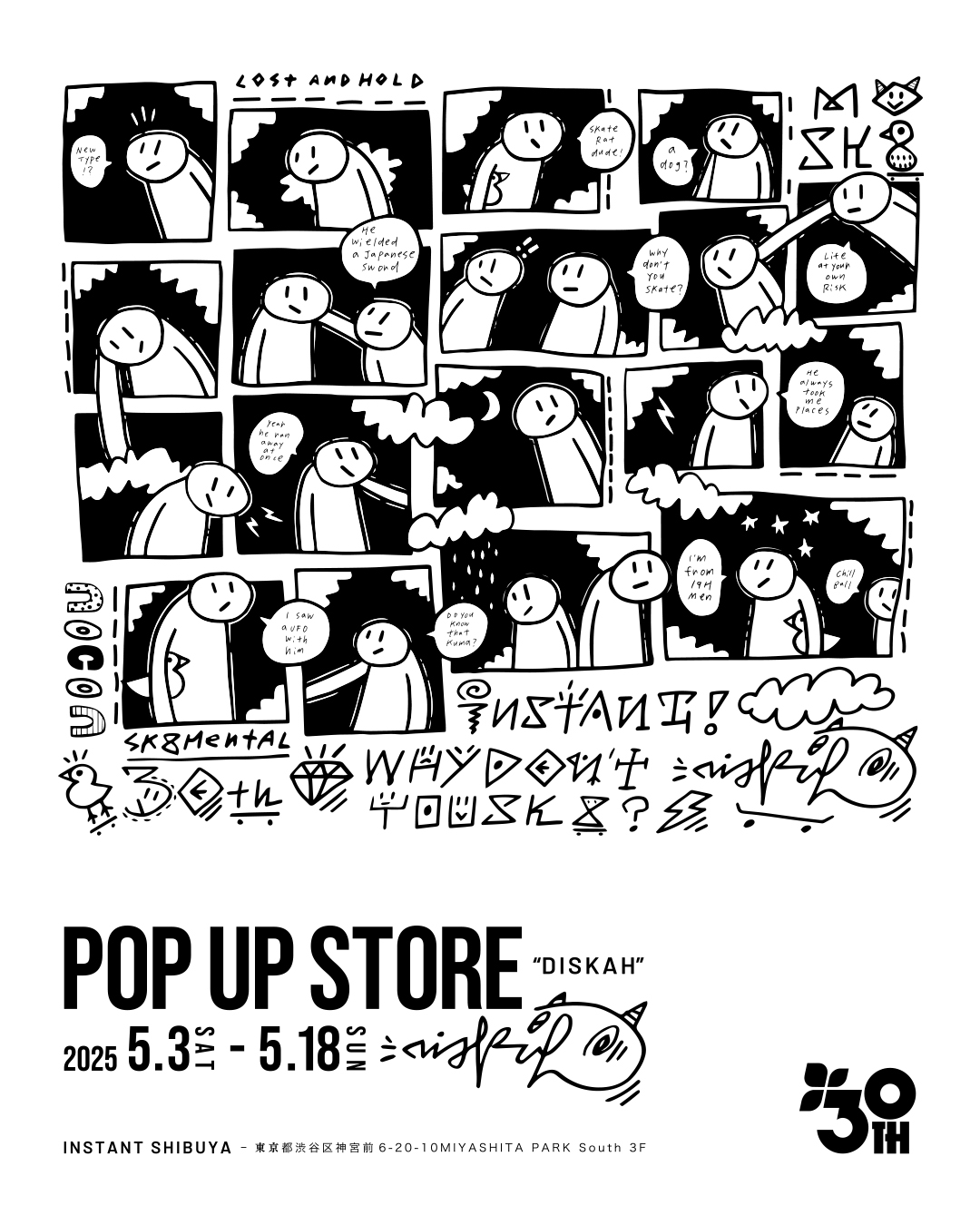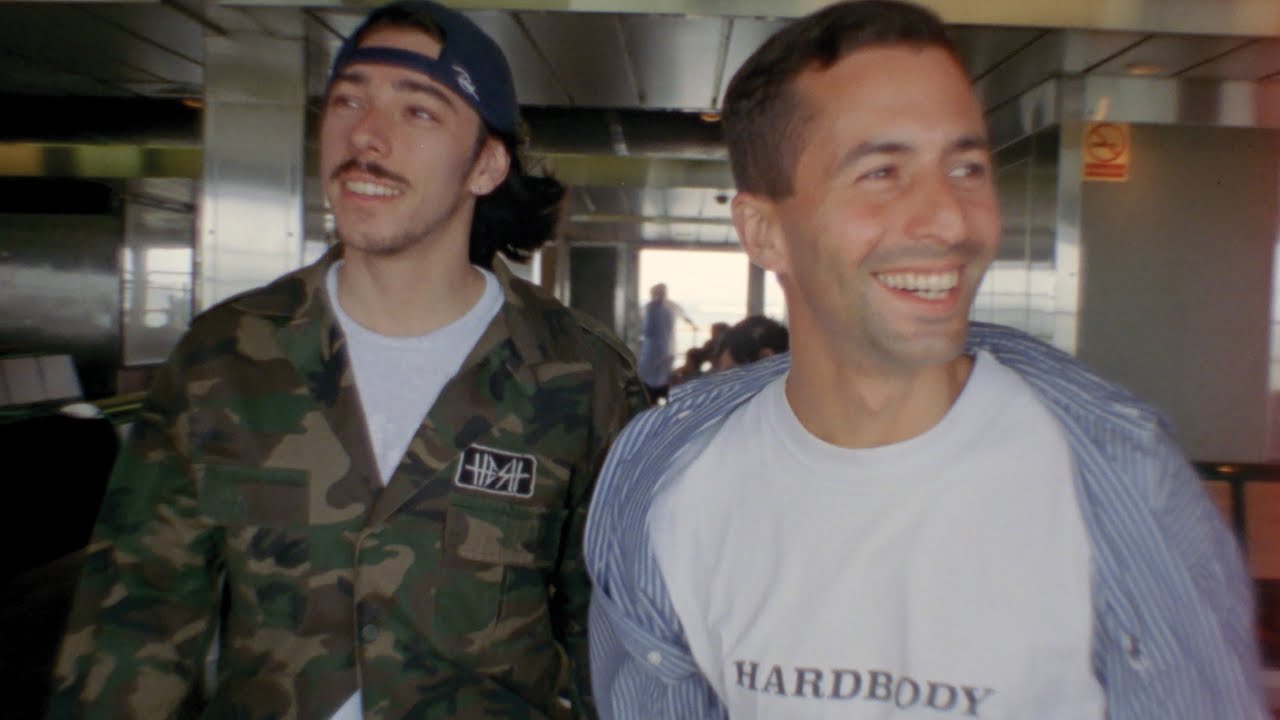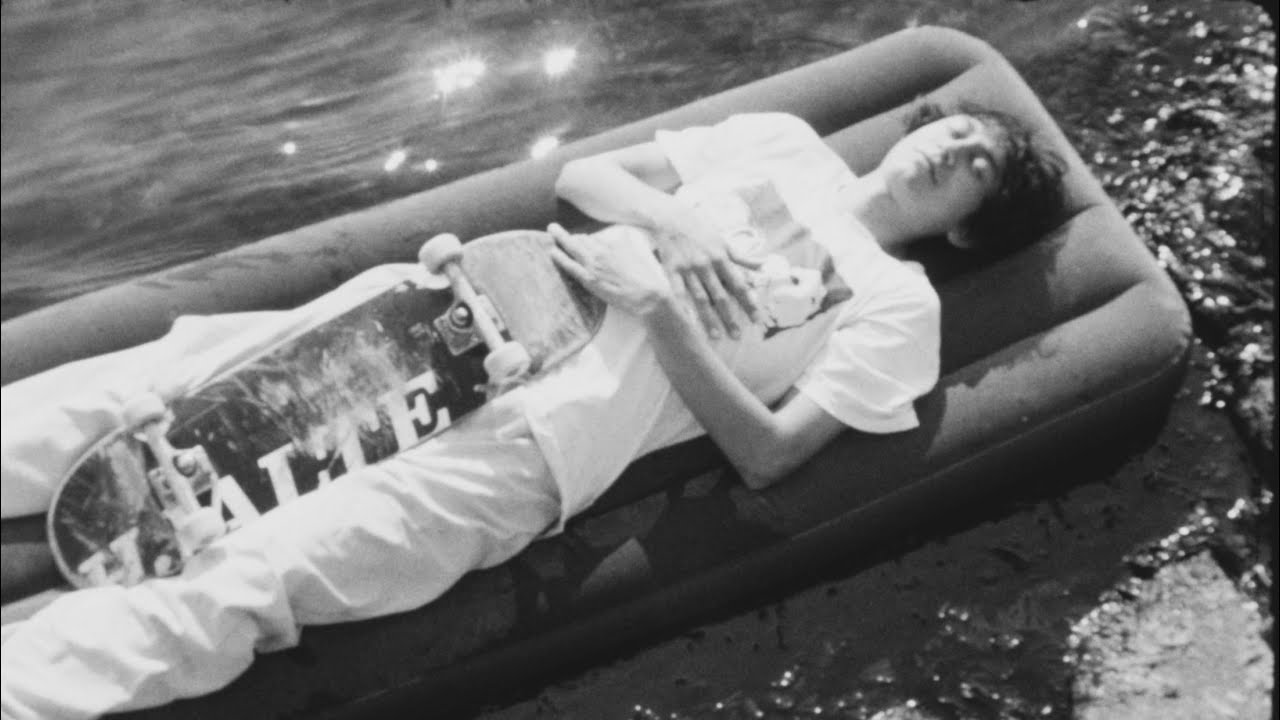UK filmmaker Sirus F Gahan is the director of Polar's latest film, Everything is Normal. Six years in the making, we asked him about the film, which focuses on Polar's journey in Japan.
──SIRUS F GAHAN (ENGLISH)
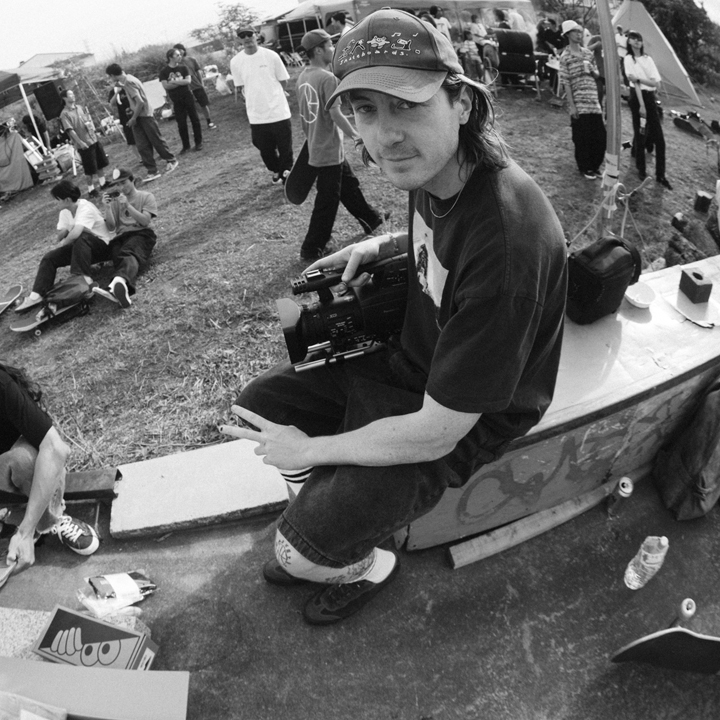
[ JAPANESE / ENGLISH ]
Photos_Changsu
Special thanks_Kukunochi
VHSMAG (V): How did the concept of this film come about? It wasn't a typical skate video, it was more about the journey of Polar in Japan.
Sirus Gahan (S): I came on board on the project quite late in the process, like in the last year and a half. So it was already like a five year project at that point with obviously some gaps from Covid, but there was a lot of footage. There'd already been a lot of trips and last year we wanted to complete it by doing some final trips. The concept of how the film came together was based on the fact that it was such a long broken up project. All the skaters look different and they've grown up. The filmers have changed. Adding in the documentary elements, I felt like it was such a long story that needed some context. And there's also the theme of maturing and growing up, which was underlying all the footage once I looked at it, and I wanted to get that across in some way.
V: Yes Shin Sanbongi for example, the film showed him as a kid and now he's a dad.
S: I looked at all the footage and the journey and all the interviews I'd done, I realized there's these red threads going through everything. We interview Shin's dad and he talks about Shin as a child and then how he grew up. But now Shin has a child and half the team have kids, but they were all young when this started, you know? And then Uru talks about the growth of Polar in Japan and Pontus' energy. It all felt like it was the same thing in a way.
V: What's the story behind the title?
S: It was something a Japanese person said to me and Jamie. They were like, don't worry, everything's normal and I just like that as a concept. Because when you're a Westerner and you come to Japan, everything is not normal. Everything is different. I liked that it was a real quote that someone has said to us. You wouldn't really say that in English. The person speaking English that was Japanese translated that. So to say everything is normal, it feels like foreign. And also the fact that I was taking over from Pontus, that's not normal. For the last 10, 12 years of Polar, Pontus has been the creative director. So it was like a little irony there that everything is not normal, everything is changing.
V: Since everything is not normal, did you feel any difference in Japan compared to other countries?
S: Street skating is not really accepted anywhere in the world, but here I feel like it's really not accepted by the general public. And there's this culture where everyone wants to look after the country. Everyone helps each other, which is amazing. But through that it means that you can't skate anywhere because it's seen as damage. So it's very different in that sense. I think skaters are the same everywhere though. I think that there's obviously very unique skaters in Japan who have been molded by growing up and skating in this country, but I don't think there's a huge difference, honestly.
V: You said you came in pretty late. Which trips did you go on?
S: I feel like I've been almost everywhere in Japan in terms of directions. I've been to Hokkaido, Fukuoka, Hiroshima, Nagoya... I haven't been to Kyoto. I feel like that's the only place I haven't been.
V: Any memorable moments from the trips that stick out?
S: Skating in Hokkaido was really different and interesting. Skating at the Mikasa Bowl was really incredible. I mean, Hokkaido was just so beautiful. They had a very different feeling to everywhere else, very empty and I really liked the feeling of being there. The air felt clean, the countryside was beautiful. The spots were incredible and looked amazing. That morning we skated at Mikasa Bowl, you have to skate there as early as possible. So that was a crazy experience. Waking up at four, driving there, skating... Everyone's so tired (laughs). Emile and Oski were doing gnarly tricks. Then you get kicked out at eight o'clock and you have to run away. That shit was really cool.
V: You mentioned Emile and Oski, were you there when they were skating that gnarly fountain?
S: Yeah. That was crazy. That was the same trip to Hokkaido. You always wanna make the spot and the trick look as good as possible and that's one of those spots and one of those tricks that you will never be able to portray properly. It's so gnarly. That bowl is so crazy and so dangerous. If the water comes on, you're gonna get stuck in there and die. It's so gnarly. That was in the morning as well. We had to go there at a specific time and I was extremely hungover. We went out partying the night before and Emile really wanted to skate the fountain, but we all kind of thought like, "Oh, we're not gonna skate the fountain tomorrow." Like, no one's gonna skate the fountain, it's not possible. It's gonna be wet, blah, blah, blah. So we all went out and got super wasted (laughs). And then in the morning, Emile had so much energy like, "Come on, we have to go and skate the fountain."
V: Yes, that fountain looks super dangerous with the lights inside. It must be pretty scary filming that whole thing.
S: Yeah, I was filming on the edge of the fountain and standing there was scary because if you fall... You can see in the video, it's pretty hard to even get out when it's dry. And I was dizzy and sick.
V: What do you hope the viewers will take away from watching the video?
S: I was talking to Pontus about this yesterday actually. He said exactly what I already think about skateboarding videos, which is that it's so much more than skateboarding. Whenever I make a video, even if it's like a two minute skate video or just a throwaway thing, I'm making the decisions based on emotions and experience. I put a lot of myself into this video. A lot happened to me while I was making the video. I had a really tough time in my life and all that goes into the video, you know. All that ends up in the way that you edit and the shots you use and the story I was trying to tell. So much of the video to me is about time and the way that things change over time. I hope that comes across somewhat with the idea of maturing, time passing and things changing. And this is a kind of snapshot of that happening. It's quite hard to explain. That's why I made the film, because I can't explain it, you know (laughs).
V: How do you see the future of Polar after creating this video? This one was pretty much dedicated to Japan in a sense.
S: I mean, we're not going to make weird art skate films based around countries. Myself and Pontus currently have sort of 50-50 on creative decisions, and I don't really know if that will change or if I'll start taking more control. That was the original idea and this project was kind of the warmup for that. This was like the kind of test to see if I can do it, and if it's the right feeling for Polar. Obviously, I'm not gonna make a Pontus video, and I didn't want to try and make a Pontus video. But I did want to make a Polar video and have it feel somewhat like a Polar video, but slightly different. Things have to change. And I think especially in skateboarding, things change so quickly. So to me, we're just gonna be developing a slightly new style, a new way of doing things. But obviously just focusing on the riders and good skating. That's the main focus really.
Sirus F Gahan
@sirusf
London-based photographer / filmmaker. He has just completed his Polar debut Everything is Normal, which he was given creative direction by Pontus Alv.



